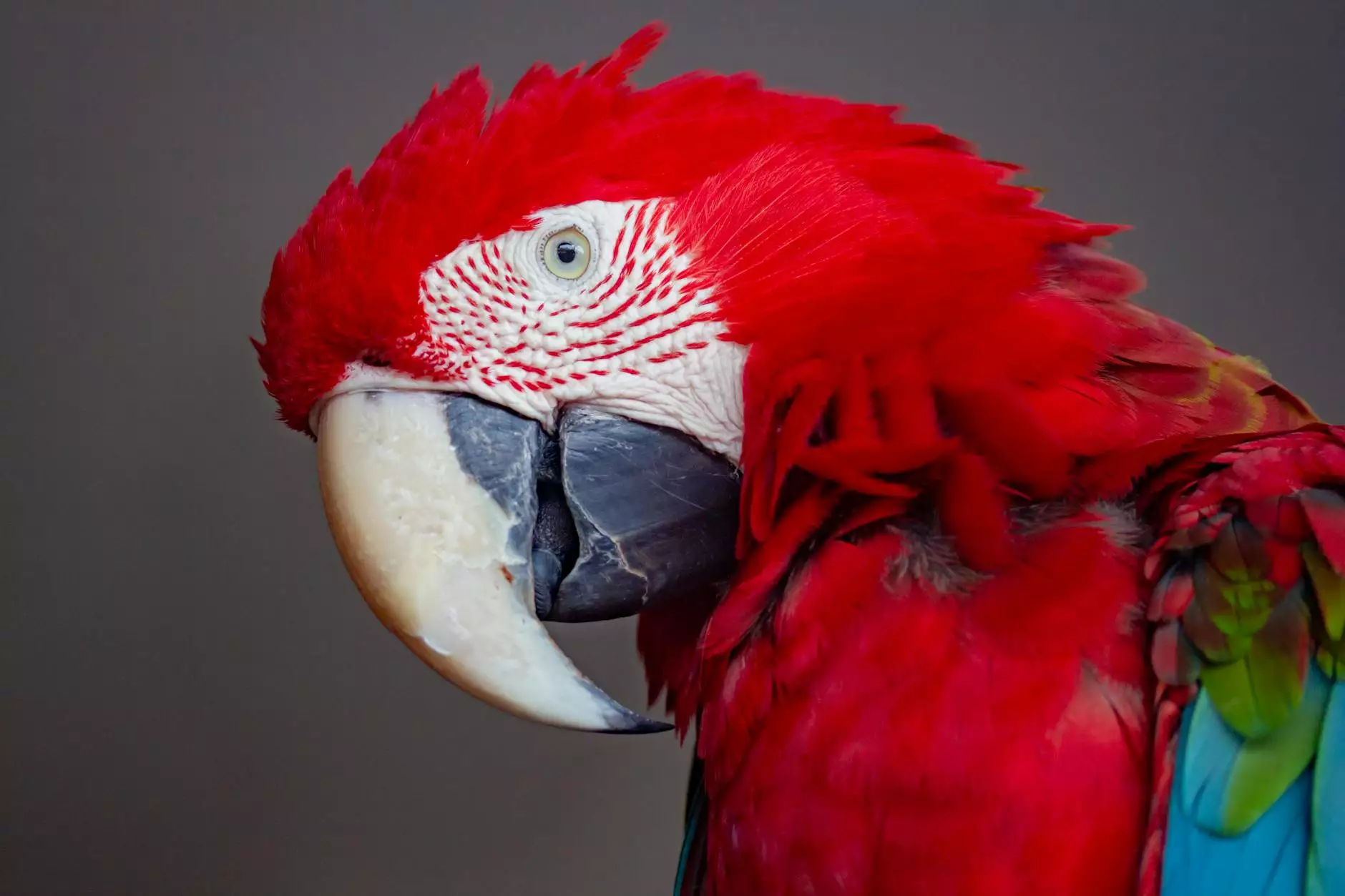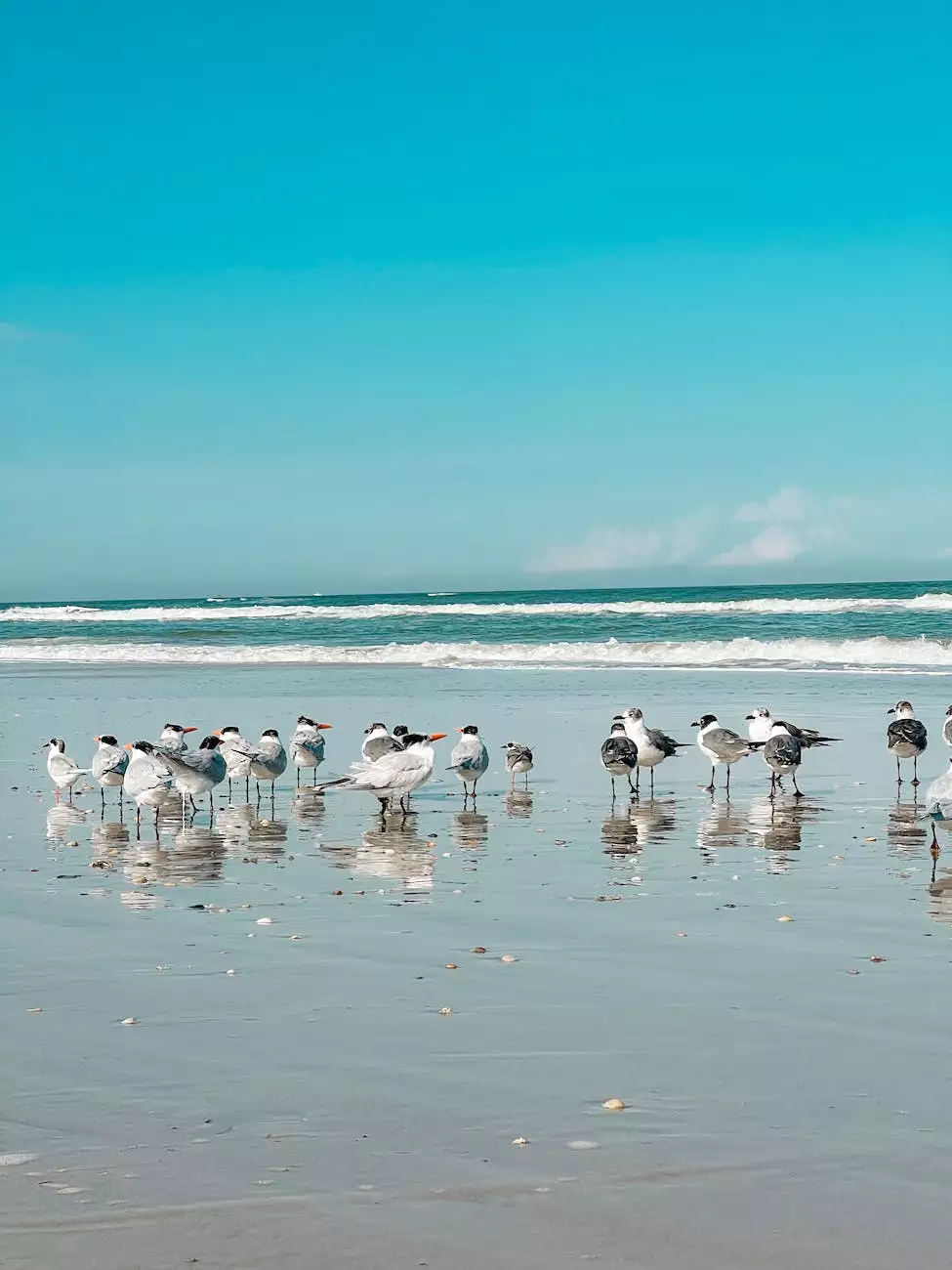Why owning an exotic pet isn't a good idea - Wild Florida Blog

Introduction
As an avid advocate for responsible wildlife tourism, Aventuras Naturales urges potential pet owners in Florida to think twice before considering owning exotic animals. While the allure of having an unusual and unique pet can be captivating, the risks and consequences associated with owning exotic animals significantly outweigh the perceived benefits.
The Legal Landscape in Florida
Before delving into the reasons why owning an exotic pet isn't a good idea, it's important to understand the legalities surrounding this issue. Florida, known for its rich biodiversity, has specific regulations in place to protect both the public and the native wildlife. The Florida Fish and Wildlife Conservation Commission (FWC) has established a comprehensive system of permits and licensing to govern the ownership of exotic animals.
Individuals interested in owning an exotic pet must obtain the appropriate permits and adhere to strict guidelines. Failure to comply with these regulations can result in hefty fines, legal consequences, and even the confiscation of the animal. Aventuras Naturales emphasizes the importance of complying with these laws to contribute to the sustainability of Florida's unique ecosystem.
The Consequences of Owning Exotic Animals
1. Environmental and Ecological Impact:
Owning exotic pets can lead to severe consequences for the environment and local ecosystems. These animals may pose a threat to native species, whether through predation, competition for resources, or disease transmission. Invasive species have the potential to disrupt delicate ecological balances, endanger native wildlife, and harm biodiversity.
2. Animal Welfare Concerns:
Exotic animals have complex dietary, housing, and behavioral needs that are often challenging for individuals to meet in a home setting. Captivity can lead to stress, malnutrition, and inadequate enrichment, resulting in significant negative impacts on the animal's physical and psychological well-being.
3. Public Health and Safety Risks:
Exotic animals can carry zoonotic diseases that can be transmitted to humans. The risks of exposure to potentially deadly illnesses, such as monkeypox or salmonellosis, should not be underestimated. Additionally, the temperament and unpredictability of exotic animals pose a considerable risk, as their behaviors can be difficult to anticipate and control.
Responsible Wildlife Tourism
Aventuras Naturales firmly believes that responsible wildlife tourism offers a more ethical and sustainable way to appreciate exotic animals. By supporting accredited sanctuaries, national parks, and wildlife rehabilitation centers, individuals can contribute to the well-being and conservation of these magnificent creatures without compromising their natural habitats or endangering their welfare.
Engaging in wildlife-focused activities, such as guided tours or wildlife photography, provides opportunities to witness animals in their natural environments, fostering an appreciation for their beauty and importance in the ecosystem. Responsible tourism practices promote education, research, and conservation efforts, ensuring a brighter future for both animals and humans alike.
Conclusion
Owning an exotic pet may initially seem enticing, but the potential risks and negative consequences far outweigh the imagined benefits. By respecting and protecting the native wildlife of Florida, we can ensure a harmonious coexistence and work collectively towards preserving the natural beauty and diversity that makes the state so unique. Choose responsible wildlife tourism instead and contribute to a sustainable future for both animals and humans.




